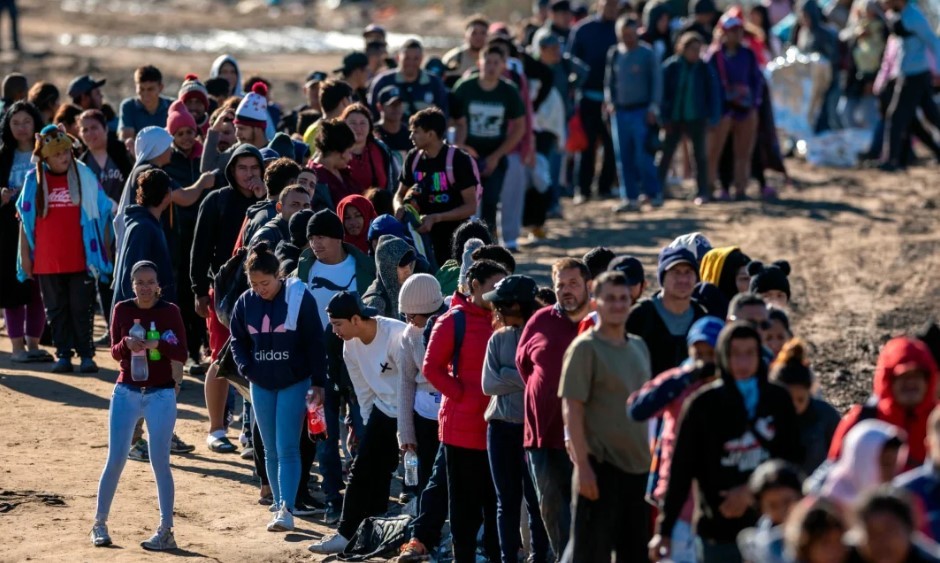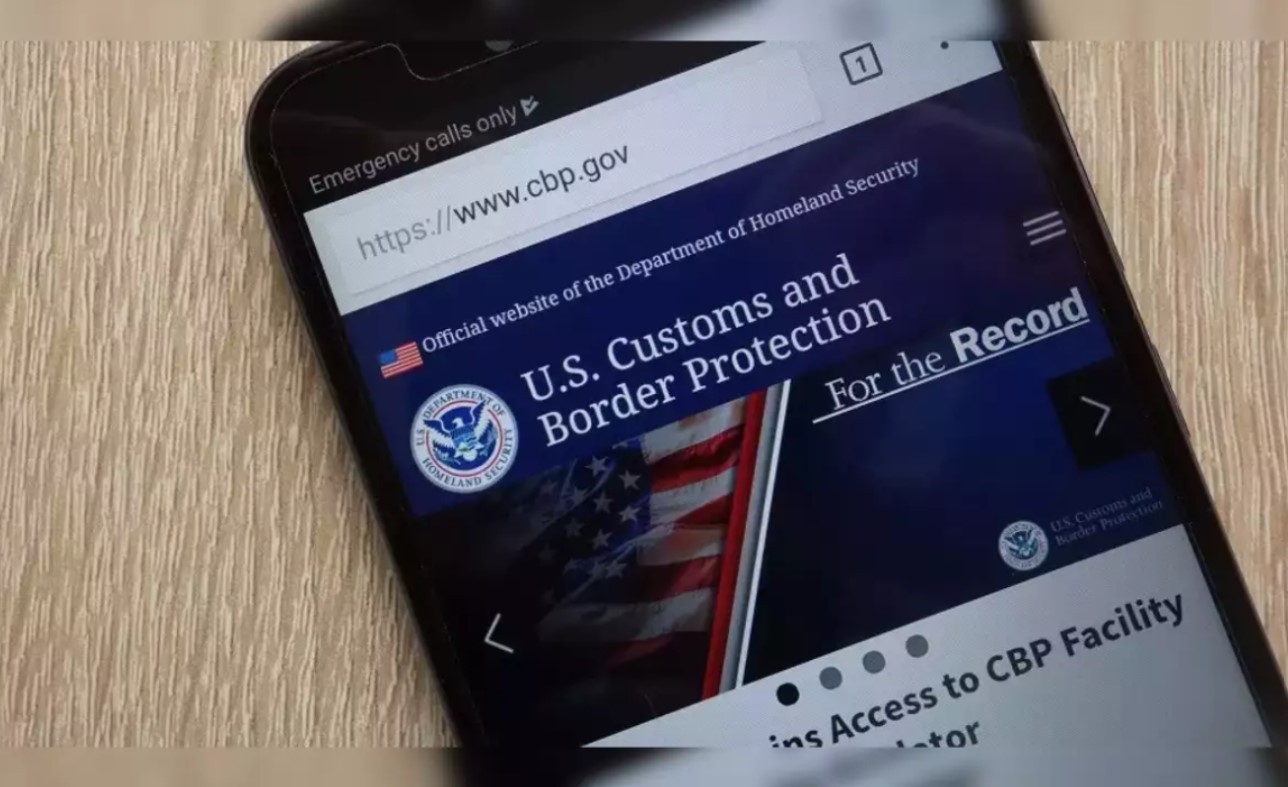UK Bans Citizenship for Illegal Entrants Under New Rule in 2025
 |
| UK Citizenship is the legal status of being a citizen of the United Kingdom |
This move, aimed at curbing illegal migration and deterring dangerous travel routes like the English Channel, has sparked widespread debate among policymakers, human rights organizations, and the public.
What Does the New Rule Entail?
Under the new regulations, any individual applying for UK citizenship after February 10, 2025, who previously entered the country illegally, will typically be denied citizenship. This rule applies irrespective of how long ago the illegal entry occurred, targeting individuals who have entered through "dangerous journeys," such as crossing the English Channel in small boats or hiding in vehicles.
According to the Home Office, this policy aims to deter illegal migration and send a clear message to those considering risky and unauthorized routes into the country. The UK government believes that stricter immigration policies are necessary to maintain national security and uphold the integrity of the country's legal immigration processes.
The English Channel Crisis
One of the primary triggers for this new policy is the escalating number of illegal entries via the English Channel. This route, often attempted using overcrowded and unsafe small boats, has become increasingly popular among asylum seekers.
Since records began in 2018, more than 150,000 people have made the dangerous journey across the Channel. As of early 2025, over 1,500 individuals had already attempted the crossing, highlighting the urgency of the government’s response.
Implications for Asylum Seekers
The citizenship ban has profound implications for asylum seekers. Critics argue that the policy undermines the UK's obligations under international law, particularly the 1951 UN Refugee Convention, which asserts that asylum seekers should not be penalized for illegal entry. The Refugee Council estimates that around 71,000 refugees could be affected by the new guidance, many of whom had previously been on a lawful path to citizenship through statuses like "indefinite leave to remain."
Legal experts have pointed out that many of the affected migrants initially entered the UK seeking refuge from dire situations, including war and persecution. Under the new rule, these individuals may face prolonged uncertainty regarding their status and future in the UK.
Legal and Political Reactions
The introduction of this policy has prompted legal challenges, with advocacy groups questioning its compliance with international human rights standards. Human rights organizations, including Amnesty International and the UN Refugee Agency (UNHCR), have expressed concern that the policy could lead to violations of the rights of asylum seekers and refugees.
Politically, the policy has divided opinion. The ruling Conservative Party has defended the move as a necessary step to secure borders and restore order to the immigration system. Meanwhile, opposition parties, including Labour and the Liberal Democrats, have criticized the policy as harsh and inhumane, urging the government to consider more compassionate approaches to managing asylum claims.
Historical Context: The "Stop the Boats" Campaign
This new citizenship rule aligns with previous government initiatives targeting illegal migration. One notable campaign was the "Stop the Boats" initiative, which aimed to reduce unauthorized Channel crossings. The government had even proposed a controversial plan to process asylum seekers in Rwanda, though this was halted by legal challenges in 2022. Despite setbacks, the Conservative government has maintained a tough stance on illegal migration, which the new rule further reinforces.
Broader Implications and Key Takeaways
For prospective immigrants, the new policy serves as a stark warning about the consequences of illegal entry into the UK. Asylum seekers and human rights advocates are closely monitoring the situation, as the rule's implementation could set a precedent for future immigration policies. Legal challenges could also reshape the policy landscape, depending on the outcomes of upcoming court cases.
Ultimately, this new rule marks a critical juncture in the UK's approach to immigration, balancing national security concerns with the nation's humanitarian responsibilities. As debates continue, the world will be watching closely to see how this policy unfolds and what it means for the thousands of individuals seeking safety and a new life in the United Kingdom.
 2025 U.K School Holidays: Full List of Dates, and Key Days 2025 U.K School Holidays: Full List of Dates, and Key Days It is important for parents to know when their kids' schools are off in 2025 so they can plan trips, both short and long, that ... |
 Top 10 Most Beautiful British Women of 2025 Top 10 Most Beautiful British Women of 2025 People are most attracted to beauty, and the stunning British ladies below have truly achieved it. |
 Top 20 Best Hospitals In The UK of 2025, Ranked By Newsweek and Statista Top 20 Best Hospitals In The UK of 2025, Ranked By Newsweek and Statista Patients want to know they will be well-cared for in the hospital. UK hospitals and doctors are world-class, but few stand out. Check out the ... |


























